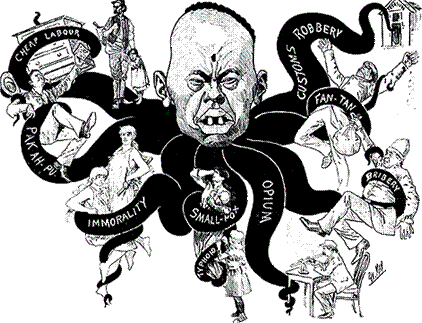 Books can be the best Christmas gifts, at least in my humble opinion. I have already finished one novel that I received for Christmas, Singapore Exile Murders by F. van Wyck Mason. Written, published, and set in 1939, the novel incorporates the responses of Europeans and Americans in southeast Asia to the global events leading up to World War II, making it an intriguing historical artifact based on one person’s imaginings. As a piece of data, the language in the novel surprised me at points, including the off-hand use of terms for African-Americans and Chinese that would be considered offensive today.
Books can be the best Christmas gifts, at least in my humble opinion. I have already finished one novel that I received for Christmas, Singapore Exile Murders by F. van Wyck Mason. Written, published, and set in 1939, the novel incorporates the responses of Europeans and Americans in southeast Asia to the global events leading up to World War II, making it an intriguing historical artifact based on one person’s imaginings. As a piece of data, the language in the novel surprised me at points, including the off-hand use of terms for African-Americans and Chinese that would be considered offensive today.
Beyond illustrating how what is considered acceptable has shifted in the past 75 years, these problematic terms (by our standards) also illustrate the ways everyday language reinforces, even makes appear normal, social hierarchies. The ways that Europeans and European-American characters use these terms in casual speech places African-Americans (who do not appear as characters in the novel) in the position of menial, hard laborers and Chinese (who are primarily servants, rickshaw pullers, and the like) as clearly inferior. The condescending labels thus socialize people into particular positions of inferiority and superiority by making the hierarchy appear natural, simply the way things are. Continue reading “PC Power”

 In the 70’s and 80’s (my formative years), the Soviets were presented as the main enemy to be feared. Angst over the threat of nuclear destruction became a regular part of the news cycle, political decisions, and military spending. That, of course, has changed in many ways. The fall of the Soviet block, perhaps partially fueled by the Soviet quagmire in Afghanistan in the 1980’s (when the US armed Osama bin Laden), shifted the focus towards the Middle East. Now the 24-hour news cycle, political decisions, and military spending often discuss the threat of terrorism, which means extremist Islam for many people. (Extremist Christians aren’t terrorists, of course, in the common discourse.)
In the 70’s and 80’s (my formative years), the Soviets were presented as the main enemy to be feared. Angst over the threat of nuclear destruction became a regular part of the news cycle, political decisions, and military spending. That, of course, has changed in many ways. The fall of the Soviet block, perhaps partially fueled by the Soviet quagmire in Afghanistan in the 1980’s (when the US armed Osama bin Laden), shifted the focus towards the Middle East. Now the 24-hour news cycle, political decisions, and military spending often discuss the threat of terrorism, which means extremist Islam for many people. (Extremist Christians aren’t terrorists, of course, in the common discourse.)